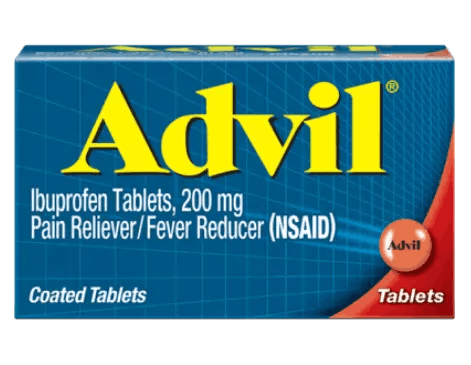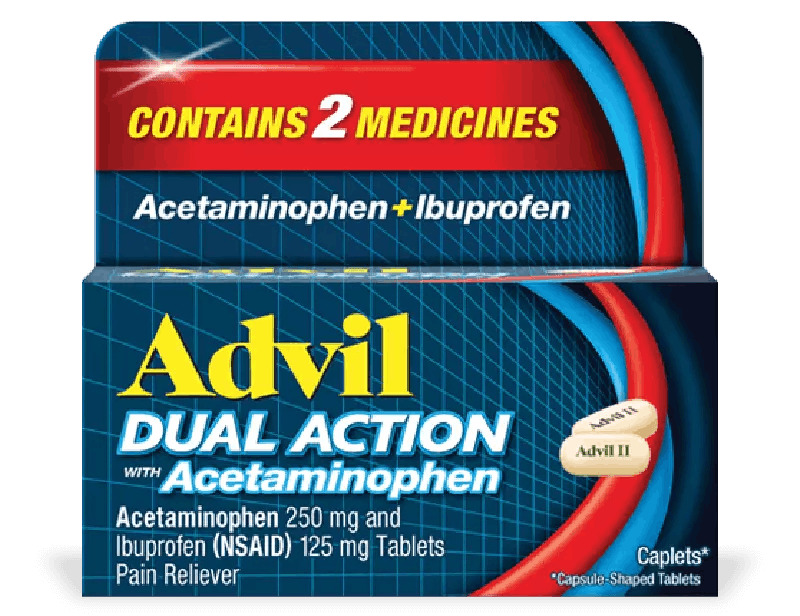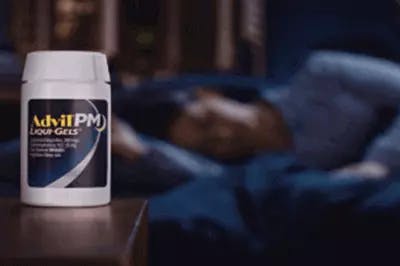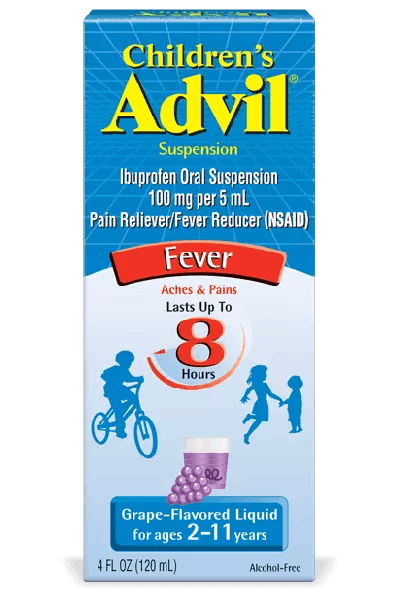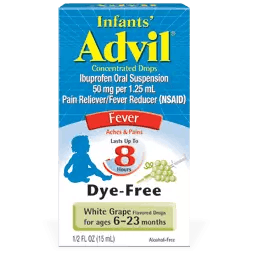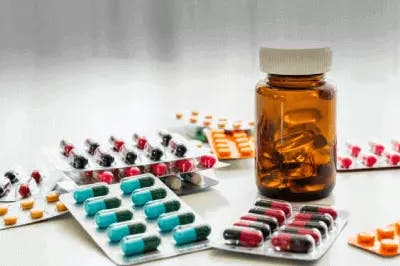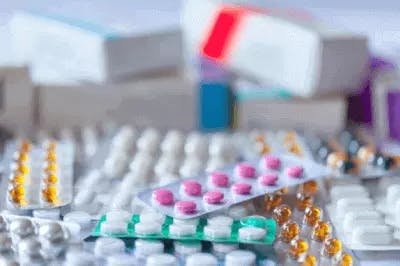Treating Muscle Aches
Muscle Aches & Pains
Muscle aches are something almost everyone is familiar with, whether it’s sore calf muscles after a long run or aches and pains when you have the flu. Pain levels can vary, as will muscle ache treatment, depending on the type of muscle aches you’re dealing with. Read on to learn more about muscle aches, what causes them, and how to get the relief you need.
What Causes Muscle Aches?
Muscle aches can be categorized into two different types: localized and systemic.i Localized muscle pain means that there’s one specific muscle or small part of the body that aches, whereas systemic muscle pain refers to when your entire body and system of muscles aches. Localized muscle pain most typically occurs as a reaction to a specific activity, like overuse from exercise or tension that comes from sitting hunched over a laptop all day. If you’re experiencing systemic muscle pain, it’s most likely caused by illness, infection, or is a side effect from medication.ii Some of the more common causes of both types of muscle aches and pains include fibromyalgia, lupus, muscle cramps, strains and repetitive strain injuries, medications—specifically cholesterol medications known as “statins”—Lyme disease, rheumatoid arthritis, hypothyroidism, and the flu or similar viral illnesses.iii However, this list is not exhaustive—talk to your healthcare provider about your situation for an individual diagnosis.
Muscle Ache Treatment
Now that you’ve identified what might be causing your muscle pain, your next question is probably, “How do I treat it?” There are a number of home remedies that you can employ depending on the type and severity of muscle ache you’re experiencing.
How to Treat Localized Pain
For localized muscle pain that you suspect is related to overuse (sore core after a tough Pilates session, we’re looking at you) or injury, rest is the first step. If you’re dealing with soreness or a minor injury, apply ice to the area for the first 24 to 72 hours to help reduce pain and inflammation. After the 72-hour period, applying heat typically feels more soothing. Massage and gentle stretching are also helpful for treating muscle aches that stem from overuse.iv You can also take an over-the-counter pain reliever like Advil Ibuprofen Tablets for fast and effective relief. However, it’s important to note that pain relievers like Advil are short term solutions for acute muscle aches—if you experience persistent pain or other complications after an injury, talk to you doctor.
Although muscle aches from overuse are unfortunately hard to avoid, there are a number of things you can do before your workout or an activity in which you expect to strain your muscles to help reduce some of the resulting soreness. Make sure to drink plenty of water before, during, after being active, and make sure to warm up before you exercise or start a physical activity and cool down afterwards.v If you’re starting a workout, you can try a lower-impact or “lighter” version of the workout you’re about to do, such as taking a slow jog before embarking on a longer run. It’s also important to make sure you’re using the correct technique and form while you’re working out or doing a physical activity to avoid unnecessary strain and potential injuries. If you’re trying out a new piece of equipment at the gym, ask a trainer to show you how to properly use it.
Something else to keep in mind is knowing your limits, whether you’re at the gym or simply doing tasks around the house. If you’ve been scrubbing floors all day and are starting to feel tightness in your neck and shoulders, that means it’s probably time for a break. The same goes for a workout—pushing yourself to build strength and flexibility is great, but pushing yourself too hard can result in injury. Be patient with yourself—change doesn’t happen overnight!
How to Treat Systemic Muscle Aches and Pains
If you’re experiencing systematic muscle aches and pain due to a disease, you should consult your healthcare provider about the measures to take to treat the underlying condition.vi You should also contact your healthcare provider if your muscle pain is not responding to your at-home treatments or seems severe, unexpected, or abnormal. This includes muscle pain that lasts for longer than three days, if you notice signs of infection like swelling or redness, experience poor circulation in the area of the muscle ache, are bitten by a tick, have a rash, or notice muscle aches and pains that correspond with starting or changing a medication.vii Seek immediate medical treatment if you experience trouble breathing or dizziness, a high fever and stiff neck, or extreme muscle weakness, as these may be signs of a more serious condition.viii
We hope this guide to muscle ache treatment has helped you understand a little bit more about what might be causing your muscle soreness. However, this guide is not a substitute for seeing your healthcare provider. If you’re experiencing severe or unexplained muscle pain, talk to your doctor immediately. For more information and articles about health and wellness, check out more Tips & Resources from Advil.
SOURCES
By clicking any of the links below you will be taken to an external website that is independently operated and not managed by GSK. GSK assumes no responsibility for the content on the website. If you do not wish to leave this website, do not click on the links below.
i. Mayo Clinic. Muscle Pain Causes. https://www.mayoclinic.org/symptoms/muscle-pain/basics/causes/sym-20050866. Accessed 07/16/20. Referenced text highlighted in source document.
ii. Ibid.
iii. Ibid.
iv. MedlinePlus. Muscle aches. https://medlineplus.gov/ency/article/003178.htm. Accessed 07/16/20/. Referenced text highlighted in source document.
v. Ibid.
vi. Ibid.
vii. Ibid.
viii. Mayo Clinic. Muscle Pain – When to See a Doctor. https://www.mayoclinic.org/symptoms/muscle-pain/basics/when-to-see-doctor/sym-20050866. Accessed 07/16/20. Reference text highlighted in source document.
By clicking the link(s) above, you will be taken to an external website that is independently operated and not managed by Haleon. Haleon assumes no responsibility for the content on the website. If you do not wish to leave this website, do not click on the links above.
